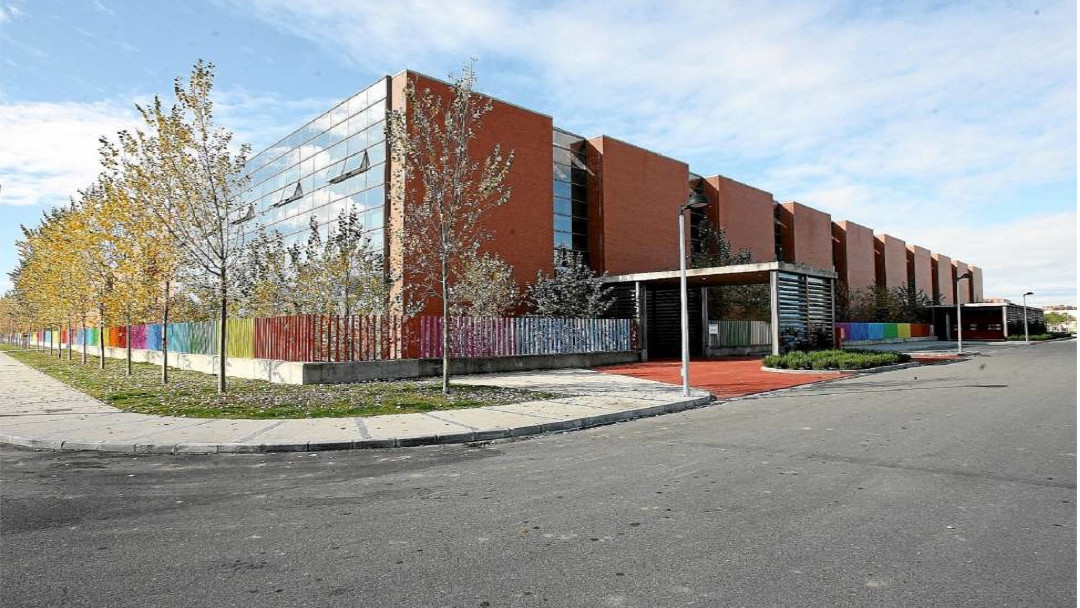The LIFE SMART HOSPITAL project has been selected among the 15 finalist projects for ‘the best project of the LIFE program (European Commission) in 2019’ award. This sample of recognition will be presented at the LIFE Awards Ceremony, which will take place in Brussels on May 16, to mark the Green Week of the European Union, and the decision of the jury will not be known until the moment of the ceremony. You can vote for this project in this link.
LIFE SMART HOSPITAL, led by the CARTIF Technological Centre and carried out in the University Hospital Río Hortega of Valladolid for a three years period, has achieved significant savings in the consumption of energy, water, fossil fuels and other resources in the management of the hospital, significantly reducing the environmental footprint of the building and serving as an example to follow for the rest of European medical centres that seek to combat climate change as much as possible.
In 2014, the European Commission disclosed its binding proposal to reduce carbon emissions by 40% in 2030 in the EU compared to 1990 levels, a much more ambitious environmental program than that adopted by other world powers such as China or USA. LIFE SMART HOSPTIAL aligned with these European guidelines and sought to reduce considerably carbon emissions in such a demanding energy and other resources sector and as linked to climate change as is the Health.
After choosing Río Hortega University Hospital as the action building due to its large size, its leading activity and its vital importance in the region, the project began in October 2014 with a total budget of € 1.8 million and came to an end in November 2017, as it had been planned since its launch. Other participating entities were: the Regional Health Management of Castilla y León, the Technological Institute of Packaging, Transport and Logistics (ITENE) and the Spanish Global Engineering Organizational Corporation (COINGES).
The initiative obtained magnificent results: savings of 42% in the consumption of electrical energy, 4% in thermal energy and 16% in water. Likewise, as regards waste, improvements were made in its segregation and collection, as well as a productive traceability system. The number of segregated fractions was also increased from 22 to 35 and the amount of waste deposited in landfill was reduced by 43%. In this way, the Río Hortega University Hospital in Valladolid became the first sustainable medical centre in Spain.
Another of the innovative measures of LIFE SMART HOSPITAL is the launch of a free online tool to assess the sustainability of hospitals. It consists of a questionnaire that ask simple questions about the use of energy, water and waste in these dependencies. In a few minutes, this presents a balance of the environmental status of the hospital, providing concrete solutions to improve the efficient use of resources and define future improvement strategies in the management of the medical building. The ultimate goal of this tool, created from the Manual of Good Practices resulting from the three years of research of the project, is to inform other health and hospital centres about the possibilities of saving and improving energy, as well as reducing its CO2 emissions, which can be carried out by changing certain operating habits.
